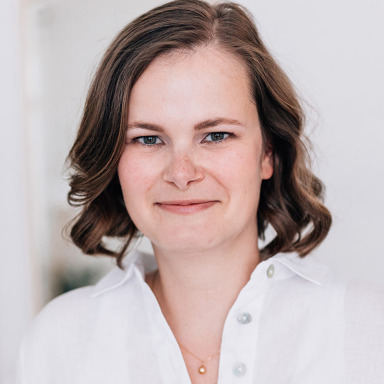Overline:
Franco-German Forum for the Future
Headline:
Accelerating Transformations With Agile Public Administration
From adapting public spaces to climate change to rethinking mobility and decarbonising the heat supply – cities are grappling with major transformation processes as they move towards a more resilient and climate-friendly future. The Franco-German Forum for the Future and the Research Institute for Sustainability (RIFS) in Potsdam have investigated how local authorities are adapting their planning processes to deal with these dynamic challenges. A new study explores an innovative solution developed by the City of Munich.

New study explores agile approach to urban development
Integrating urban planning processes
Towns and cities are in a race against time to adapt to climate change. Complex and clashing interests, coupled with siloed planning processes and diffuse responsibilities and development goals frequently combine to stymie the rapid uptake of solutions. The City of Munich has developed an agile approach to spatial planning and urban development that aims to overcome these challenges: the Handlungsraumansatz (literally: “action areas approach”).
In this innovative approach planning initiatives target specific areas within the city in order to accelerate efforts to achieve sustainable urban development goals. A dedicated local coordination office facilitates dialogue between specialist municipal planning units as well as municipal and non-municipal stakeholders and coordinates their activities.
The benefits of Munich’s action areas approach
The action areas approach adopted in Munich fosters interdepartmental cooperation in public administration with clear benefits:
- Administrative agility: Establishing a low-hierarchy environment for collaboration fosters transparency and agility.
- Facilitation: Reconciling complex interests and conflicting objectives in urban development.
- Procurement: The acquisition of innovative development projects and research projects.
- Synergy effects: Synergy effects between individual planning units and activities of stakeholders from civil society and the business community.
The Franco-German Forum for the Future
The study was prepared by the Franco-German Forum for the Future in partnership with the City of Munich’s Department of Urban Planning and Building Regulation. Established under the Treaty of Aachen, the Forum for the Future studies and facilitates dialogue among actors involved in socio-ecological transformations in France and Germany.
In a bottom-up approach, the Forum partners with select municipalities and supports their efforts to pursue climate-friendly solutions in urban development and identifies barriers and drivers of transformation through accompanying field research. The findings of this research are used to develop policy recommendations for national governments in a collaborative process with experts from local authorities, civil society, academia and public administration in Germany and France.
The Forum for the Future pursues a transdisciplinary research approach in which research objectives are established and outcomes reviewed in dialogue with municipalities.
Publication:
Spinrath, T. E., Plessing, J.: Der Münchner Handlungsraumansatz: Transformation durch agile Verwaltung gestalten. - RIFS Study, November 2023. https://doi.org/10.48481/rifs.2023.028

